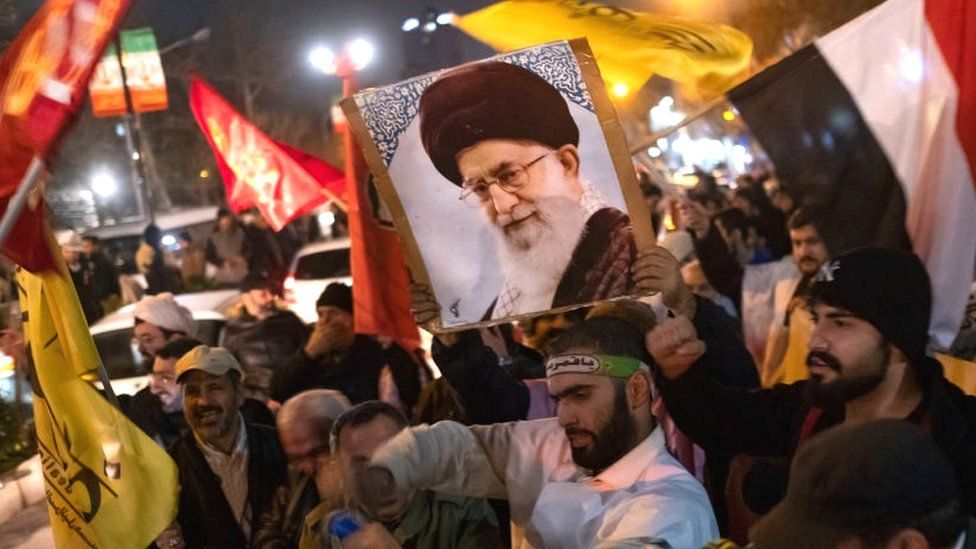-

-
-
Loading

Loading

Iran has recently conducted strikes on three allied countries - Syria, Iraq, and Pakistan - prompting questions about the motivations behind these actions. It seems that Iran's military, the Revolutionary Guards, was compelled to act due to pressure from hardline Islamic factions within the country. These hardliners are displeased with Iran's perceived inaction in response to Israel's actions in Gaza, as well as its failure to retaliate against Israel's assassination of top Revolutionary Guard commanders in Syria. They were also dissatisfied with Iran's limited support for the Houthis during US-UK strikes. Furthermore, a recent bomb attack carried out by the Islamic State (IS) in the city of Kerman, resulting in numerous casualties, added to the pressure for a response. Iran has been cautious not to directly involve itself in the Israel-Gaza conflict, although it provides military assistance to Hamas, the Houthis, and Hezbollah. However, by conducting strikes in Syria, Iraq, and Pakistan, Iran has unintentionally caused problems for itself. In Pakistan, the missile and drone attack aimed at militant group Jaish al-Adli led to the deaths of two children, prompting Pakistan, a nuclear power, to retaliate. Pakistan's response undermined its nuclear deterrence and violated its sovereignty. It targeted alleged hideouts of Pakistani terrorists based in Iran, resulting in casualties on both sides. These tit-for-tat attacks have severely strained the typically good relations between Iran and Pakistan. the Revolutionary Guard did not anticipate such a reaction from Pakistan. The two countries share a border that is challenging to control without cooperation. Pakistan has historically been a valuable ally for Iran on the international stage, often voting in favor of Tehran. The attack on Syria seems to be in response to the killings in Kerman, but it is unclear if Iran successfully targeted ISIS or other hardline Sunni groups, as they claim. In Iraq, Iran's closest neighbor and ally, the government is furious with the strikes that utilized ballistic missiles to hit a target in Irbil, killing a well-known businessman, his wife, and their two children. The Iranian government asserts that they targeted a Mossad operations center, but Iraqi and Kurdish authorities dispute this account. Iraq has submitted a complaint to the UN Security Council, jeopardizing the amicable relationship built over the years. There are indications that the Revolutionary Guards made the decision to conduct these attacks without consulting Iran's foreign minister, potentially only seeking the approval of the supreme leader. These recent actions by Iran have further undermined its international standing, jeopardizing its defenses and portraying the Revolutionary Guard as reckless and willing to take uncalculated risks.